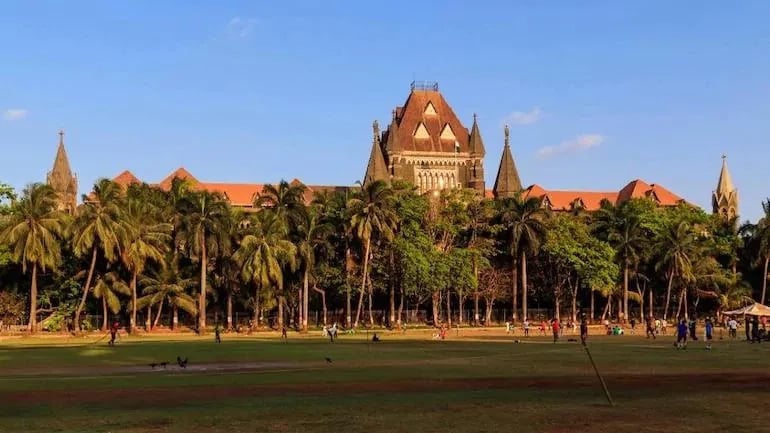Observing that owners of property cannot be deprived of their precious right to property, the Bombay High Court has directed the Maharashtra government to pay within six weeks balance compensation to two brothers – Ashok and Atul Puranik – whose land in Panvel taluka was acquired in 1970s under the Land Acquisition Act for the CIDCO Navi Mumbai Town Project.
The court rapped the government for failures in the acquisition proceedings and the handling of affidavits, noting that the authorities’ approach violated the landowners’ constitutional right to property. However, the court said it will not impose cost on the State, “since it would be the taxpayer who would bear the burden for the conduct of the State’s officials”.
The court has also directed Ranjit, nephew of Puraniks to pay Rs5 lakh to each for filing “frivolous and vexatious litigations” and dragging the case for years and depriving his uncles of their rightful compensation.
The HC was hearing petitions involving ancestral property initially owned by Gangadhar Puranik, whose three sons—Anand, Ashok, and Atul—were named as heirs after his death. Anand’s son, Ranjit, had filed multiple petitions contesting the acquisition of the land by CIDCO for the Navi Mumbai Town Project, initiated in the 1970s. The land was a part of total 95 villages acquired for the purpose of setting up Navi Mumbai. Thre State had calculated compensation amount at Rs60.56 crore, of which Rs35,54 crore was paid as advance compensation.
Part of the compensation was paid to the landowners in 2018, but Ranjit challenged the proceedings, claiming his interest as part of Anand’s branch of the family. His petitions delayed compensation payments and led to the freezing of Ashok and Atul’s bank accounts.
In 2021, the State directed the landowners to return the Rs. 35.54 crore advance compensation, claiming the property was under a Court Receiver’s possession, making the payment erroneous. CIDCO, in turn, argued that the acquisition had lapsed and the funds should not have been disbursed. However, the court found no evidence supporting the State’s claim and ruled that possession of the land had been handed over to the State in 2018, negating the Court Receiver’s involvement.
The bench expressed displeasure at the State’s conflicting affidavits, which it said prolonged the case unnecessarily. It directed the Chief Secretary of Maharashtra to initiate an inquiry into the conduct of State officials and fix accountability within six months.
Ranjit’s repeated legal challenges were deemed frivolous, with the court imposing costs of Rs. 5 lakh each in favor of Ashok and Atul. The bench also criticized the misuse of public resources caused by the prolonged litigation and stated that Ranjit’s interest in the property was limited to his branch’s share, which could have been resolved by a reference court for apportionment.
“The stark consequence is the expenditure of time and money by all concerned including the State authorities as also CIDCO, even while the landowners have languished without enjoyment of either the land handed over, or the compensation that is their rightful due,” a bench of Justices Girish Kulkarni and Somasekhar Sunderesan said. It added: “These proceedings are therefore a glaring example of how litigation in a family dispute can come to taint the conduct of land acquisition by the State despite the right to property being a constitutional right albeit not a fundamental right.”
The High Court allowed the petition filed by Ashok and Atul, ordering the release of compensation funds deposited in court to the landowners within two weeks. It dismissed Ranjit’s petition to quash the acquisition and directed him to pay the imposed costs within the same timeframe.
The bench refrained from imposing cost of State authorities saying: “While a case exists to impose costs on the State as well, we refrain from doing so since it would be the taxpayer who would bear the burden for the conduct of the State’s officials.” It directed the Chief Secretary to assess the failures in the acquisition proceedings and the handling of affidavits, noting that the State authorities’ approach violated the landowners’ constitutional right to property.
